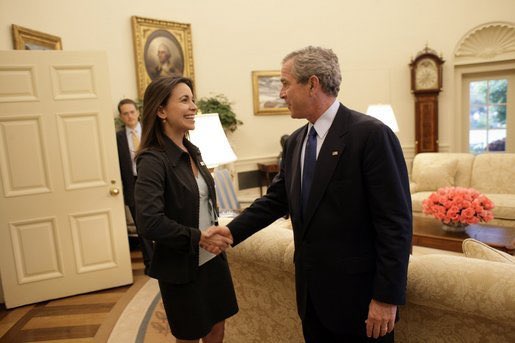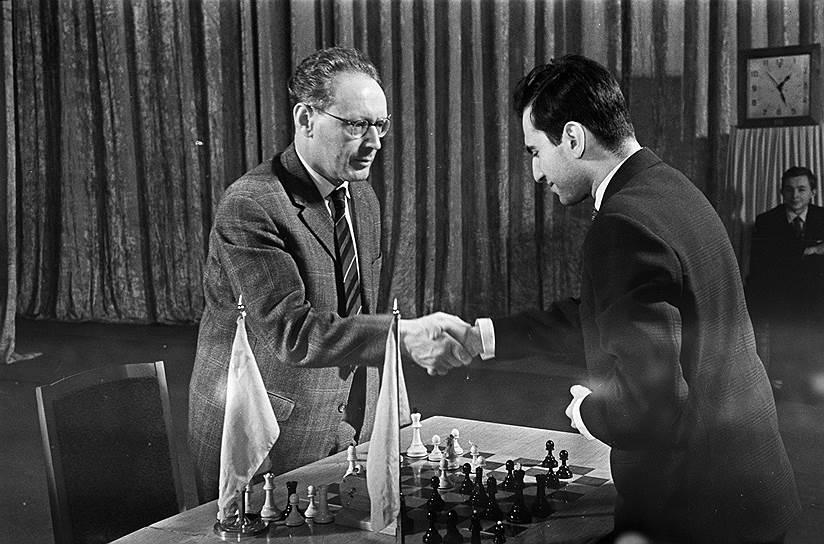In "The Economic Problems Socialism USSR", Stalin gave an argument for how the USSR would reach Communism. He proposed doubling living standards, and reducing the hours of labor in the USSR. 



Starting in 1956, the USSR begun reducing the total hours of labor, which had a deadline to meet by 1968. If this plan was successful, hours of labor would have went from 48 hours a week, to 30 hours a week, and the minimum wage would have went from 250 to more than 600 rubles.
In 1961, the CIA was worried as how the USSR could be reducing the workday, without reducing its efforts in the cold war. They originally believed that if the USSR reduced work hours, then it would be harder for the USSR to maintain their military.
What the CIA found though was different, the USSR was able to solve many problems by reducing the hours worked in the USSR. They were able to tap into a large reserve of labor. 

The soviets forcing managers to reduce labor time in return forced them to introduce more/new technology, and more advanced production measures. Increasing output in light and heavy industry was achieved by increasing employment.
The reduction of labor hours in the USSR actually did what Marx predicted it would in volume 1 of capital. The density of the workday could be increased by reducing the workday. You could produce more by working less. The USSR proved Marx theory to be true 101. 

If you like and want more threads like this, consider FOLLOWING us @RTSG_Main
• • •
Missing some Tweet in this thread? You can try to
force a refresh



















